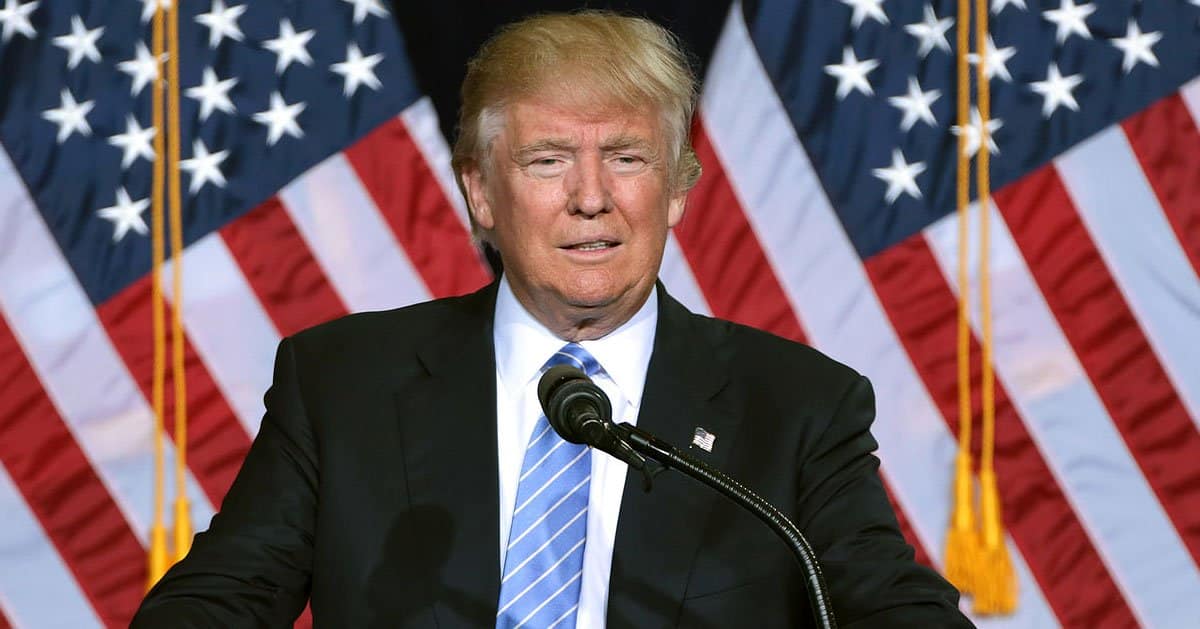







The US Supreme Court has refused a request from former White House Chief of Staff Mark Meadows to move his Georgia case to federal court.
The New York Post reported that the Supreme Court's decision halts Meadows' attempt to assert federal immunity in his 2020 election interference charges.
On a recent Tuesday, the US Supreme Court denied Mark Meadows' petition to transfer his Georgia 2020 election-tampering case to a federal jurisdiction. This decision follows several lower court rulings that similarly declined Meadows' request.
Meadows, who served as the White House Chief of Staff under President Donald Trump, has sought to leverage his former federal role to claim immunity from state charges. His legal team argued that the protective measures for federal officers should extend beyond their tenure in office.
The legal framework for Meadows' immunity claims was partially based on a recent Supreme Court ruling in July. While it affirmed absolute immunity for presidents concerning their official acts, it left unspecified the boundaries of what constitutes an "official act."
Lower courts, including the 11th US Circuit Court of Appeals, have maintained that such statutes do not shield Meadows post-administration.
They have consistently rejected his claims that his actions during the contested election period were protected under his role as a federal officer.
Within the broader scope of the Georgia election racketeering case, Meadows faces significant allegations alongside 18 others, including the former President himself.
He has pleaded not guilty to solicitation of violation of oath by a public officer and to charges under the Racketeer Influenced and Corrupt Organizations Act.
Meadows' lawyer conveyed to the Supreme Court that the threat of prosecution for federal functions does not end once a federal officer leaves office. This plea highlights the complex interplay between federal duties and post-office legal exposure.
"A White House Chief of Staff facing criminal charges based on actions relating to his work for the president of the United States should not be a close call," argued Meadows' legal representative, emphasizing the political and legal stakes of the case.
Apart from Georgia, Meadows also attempted to shift a related 2020 election case in Arizona to federal court.
This move was similarly rebuffed by a judge in September, underscoring the challenges Meadows faces in his legal defense strategy across multiple states.
The ongoing Georgia case has been delayed due to a separate challenge against Fulton County District Attorney Fani Willis, who is overseeing the prosecution.
This delay intertwines with accusations against Willis of having an inappropriate relationship with a former top prosecutor who resigned in March.
On the day of the Supreme Court's decision, Meadows' lawyer did not respond to media requests for comment, leaving the public to speculate on the next steps in this high-profile legal battle.



